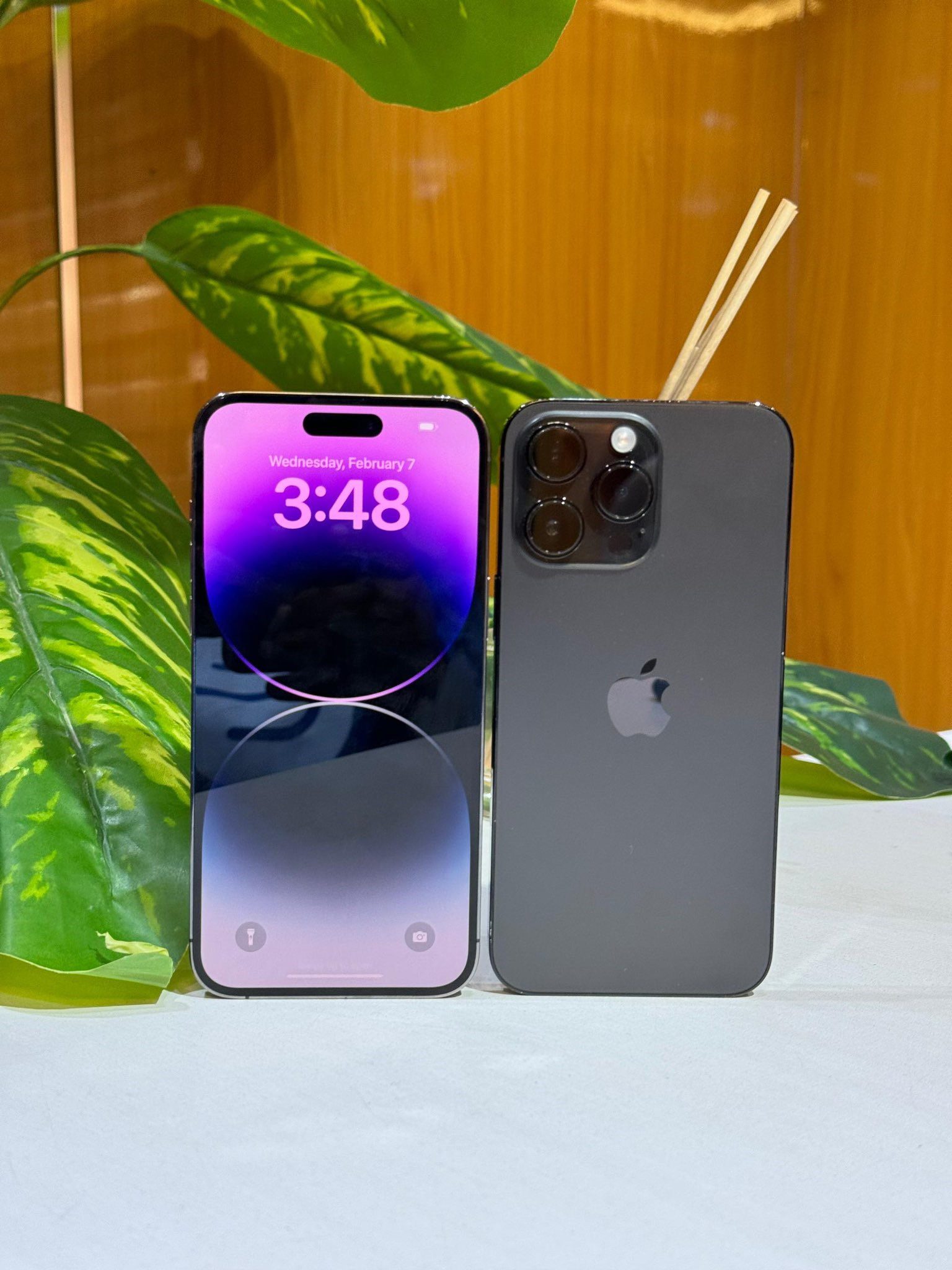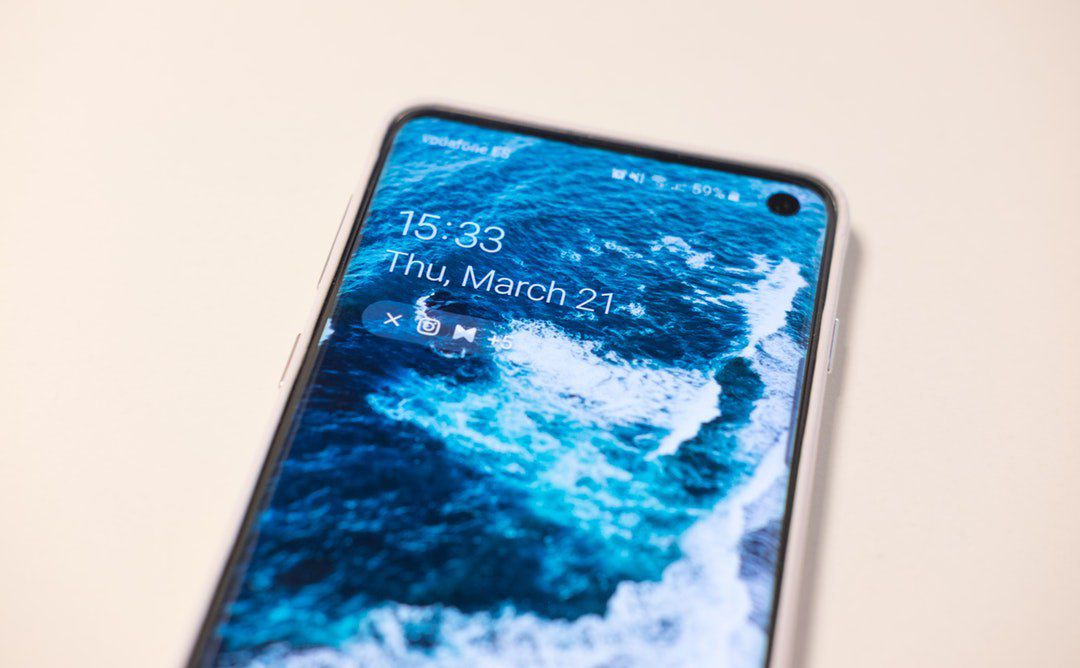In this day and age, it is imperative to keep prying eyes off your web browsing habits and it’s time to use apps that ensure that. Achieving perfect privacy online is the same as seeing a unicorn and the only way to have some control over who sees is to get the best tools or have the best privacy practices.
There’s a lot of things going on once you get online: from cookies to trackers to other sorts of code that capture your every move including other details such as your physical location, the device you use to go online plus your IP address, short for Internet Protocol address – all this you want to keep private.
“Arguing that you don’t care about the right to privacy because you have nothing to hide is no different than saying you don’t care about free speech because you have nothing to say.”
~ Edward Snowden
These four apps will help you keep your web browsing a little more private.
1. Get a VPN that takes your privacy seriously
Before we begin, let’s get something clear, not all VPNs(virtual private network) are created equally. VPNs hide web-surfing info whether you’re accessing it from the browser or app from your network provider who log it all in and can give it up to law agencies if requested. VPNs not only hide your IP address but also encrypt the data sent and received from your phone.
When choosing a VPN, use one that:
- whose base of operation isn’t headquartered in countries in the 5,9,14 Eyes Global Surveillance Alliance(UK, USA, Canada, New Zealand, Australia, Denmark, France, Netherlands, Norway, Belgium, Germany, Italy, Sweden, Spain, Israel, Singapore, South Korea, Japan)
- uses the more secure and top protocol OpenVPN standard
- is multiplatform and has fast servers globally for convenience
- doesn’t keep logs on users
Avoid these VPNs at all costs:
• USA: AceVPN, AnonVPN, Anonymizer, BTGuard, CloakVPN, CrytpicVPN, CryptoHippie, Disconnect.me, Encrypt.me, FlyVPN, FoxyProxy, FrostVPN, GoTrusted, Hide My IP, HideIPVPN, Hotspot Shield, IncognitoVPN, IntroVPN, IPinator, IPVanish, LibertyVPN, LiquidVPN, MyIP.io, MyVPN.Pro, Netshade, Newshosting, Norton WiFi Privacy, OctaneVPN, Private Internet Access, PrivateTunnel, PrivateVPN, RA4W VPN, SigaVPN, SlickVPN, Speedify, Spotflux, StrongVPN, SunVPN, SuperVPN, Torguard, Tunnelr, Unseen Online, Unspyable, VikingVPN, Virtual Shield, VPN Master, VPN Unlimited, VPNJack, VPNMe, WiTopia.
• UK: Expat Surfer, FlowVPN, HideMyAss, LibertyShield, My Expat Network, OverPlay, TGVPN, TorVPN, TotalVPN, TVWhenAway, VPN.sh, VPNUK, WorldVPN, ZoogVPN.
• Canada: Betternet, Blockless, CactusVPN, GetFlix, RogueVPN, SurfEasy, TunnelBear, UnoTelly, VPN Land, Windscribe.
• Australia: Celo, VPNAUS, VPNSecure.
• France: ActiVPN
• Italy: AirVPN
• Germany: Avira Phantom, ChillGlobal, GoVPN, Internetz.me, Steganos, Traceless.me, Zenmate
• Sweden: Azire, FrootVPN, Integrity.st, IPredator, Mullvad, OVPN.com, PRQ
• Denmark: BeeVPN, Unlocator,
• Norway: Opera Browser VPN
• Netherlands: GooseVPN, ProXPN, RootVPN, ShadeYou, WASEL Pro, WifiMask
• Singapore: NolimitVPN
• Israel: SaferVPN, VPNShazam
• Japan: VPN Gate
VPNs you should actually use
This leaves very few VPNs that include:
- NordVPN(Panama) – highly recommended
- Perfect Privacy & Proton VPN(Switzerland)
- VPNArea(Bulgaria)
- Express VPN(Virgin Islands)
- VPN.ac(Romania)
I personally use Proton VPN which you can get here. Here are a few other tips:
- When you launch your preferred VPN, try to connect to servers in non-surveillance partner countries
- Always use the VPN at all times
- Activate the VPN’s kill switch- this is a special VPN feature that automatically disconnects your device be it your computer, phone or tablet from the Internet when a VPN connection is lost ensuring that your IP Address isn’t accidentally exposed – your connection stays blocked until the VPN tunnel is restored
- Use this site to see if your IP address or physical location is visible to the public when you connect to the internet via a VPN – if it is, ditch that VPN.
2. Get Brave Browser
Brave is a fast and safe multiplatform browser, a perfect alternative to Google’s Chrome when it comes to the tons of privacy features it offers. It packs the ability to block cookies, phishing, intrusive ads, tracking scripts. You’ll have to customize the settings as some sites will be broken when you enable the Shields. One inconvenience you’ll have to face is that Brave doesn’t do syncing for bookmarks. However, this feature is being tested in its beta version.
3. Get Tor Browser
Tor is a browser from the Tor Project that takes user security and privacy to an even higher level but the catch is it’s a really slow browser since your traffic bounces through various volunteers’ computers so as to hide your location and identity.
A better way to protect your privacy online is to use Tor together with a VPN. Connecting to Tor and then launching your preferred VPN obscures your profile better while launching your VPN and then connecting to Tor gives you better security. The best option is to use a VPN through Tor.
There’s an official app for Android which is absent in the Apple App Store, although iOS can use the Onion Browser which is a Tor authorized client.
4. DuckDuckGo Privacy Browser
DuckDuckGo is a privacy-infused search engine that you should switch to that unlike Google, doesn’t track you. You can use the search engine for browsing on the desktop and the app(Android, iOS) when browsing on your phone. Being US-based compromises your privacy since US federal agencies ask for any user data and will be obliged to provide it.
You can read about other even better and more secure alternatives like Netherlands-based StartPage in this interesting Reddit thread.


















